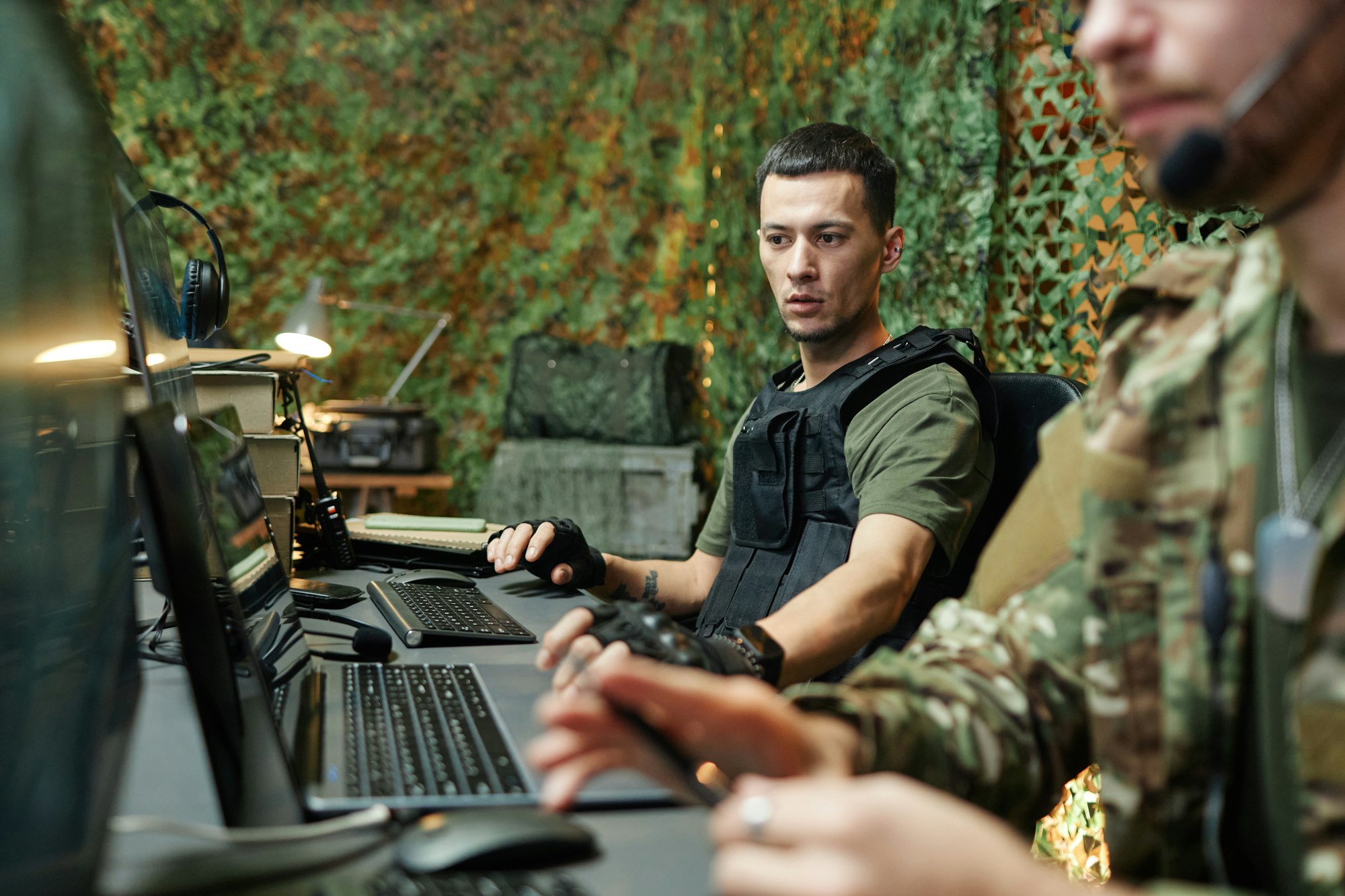The Rise of AI in Military Use
The use of AI-powered weapons is growing quickly, mainly because national militaries want more advanced and autonomous combat tools. This trend is being driven by major companies in the defense industry, creating a booming market for AI-based warfare technologies. One key development is the creation of small autonomous drones that can carry out lethal missions without direct human control, marking a significant move toward more automated combat situations.

AI’s Impact on Modern Conflicts
As global conflicts become more intense, AI technologies are becoming increasingly important. These systems are used in many ways, such as identifying enemy positions in real-time and coordinating attacks on strategic targets. However, the use of AI in these situations raises serious ethical concerns, especially regarding the autonomy of lethal decision-making. The deployment of these technologies suggests a future where AI significantly influences the outcomes of military engagements.
International Reactions and Regulation Challenges
Countries around the world have different responses to the rise of AI in warfare, and international organizations are struggling to create regulations that keep up with the rapid pace of technological advancements. The possibility of AI operating independently in combat has sparked urgent discussions about the need for strict governance and oversight. However, reaching a global agreement on regulations is complicated due to varying national interests and the strategic benefits that AI weaponry offers.
This article explores the role of AI in modern warfare, including the rise of autonomous weapons systems, the ethical issues involved, and the challenges in regulating these technologies. It looks at how AI is changing military strategies and the international conversation about its regulation.

FAQ: The New Frontier: AI-Powered Weapons Changing the Face of Warfare
1. What are AI-powered weapons and how are they being used in modern military engagements?
Answer: AI-powered weapons are advanced combat tools that use artificial intelligence to operate, often with a high degree of autonomy. These include technologies such as autonomous drones that can perform lethal missions without direct human control. They are used in various military scenarios, including identifying enemy positions in real-time, coordinating strikes on strategic targets, and conducting surveillance. The adoption of these technologies aims to enhance the efficiency and effectiveness of military operations.
2. What ethical concerns are associated with the use of AI in warfare?
Answer: The use of AI in warfare raises several ethical concerns, primarily related to the autonomy of lethal decision-making. There are worries about the lack of human oversight in critical situations, which could lead to unintended consequences or violations of international law. Additionally, the potential for AI to make life-and-death decisions independently brings up questions about accountability and the moral implications of delegating such responsibilities to machines.
3. What challenges exist in regulating AI-powered weapons on an international level?
Answer: Regulating AI-powered weapons internationally is challenging due to the rapid pace of technological advancements and differing national interests. International bodies are struggling to develop regulations that keep up with these innovations. The main challenges include achieving consensus on what constitutes acceptable use, implementing effective oversight mechanisms, and balancing the strategic advantages that AI weaponry offers to individual countries. The complexity of these issues makes it difficult to establish comprehensive and enforceable international regulations.
Sources The Guardian


